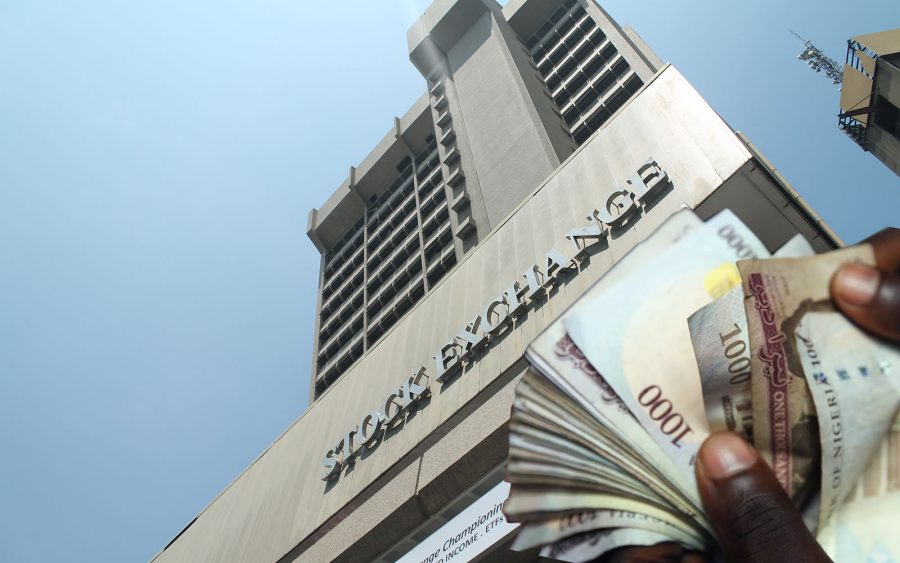The Chief Executive Officer of the Nigerian Stock Exchange (NSE), Mr Oscar Onyema, has called on all investors in the Nigerian market to form the habit of questioning any irregularities observed in the financial statements of companies where their monies are invested in.
Mr Onyema specifically called on the shareholders to query the board members of the companies where such irregularities are observed.
The NSE boss also reiterated that the Nigerian bourse is committed to constantly ensure that investors’ interests are protected at all times. And it plans to do this by ensuring that listed companies comply with the rules of the Stock Exchange.
But despite this, Mr Onyema emphasised that the shareholders themselves have a role which they too must play if their interests are to be fully protected.
“One of the things that we actually pride ourselves at the Exchange is protection of investors. I know that when something goes wrong the first person you want to shoot is the Exchange and possibly the Securities and Exchange Commission, SEC because we are in the frontline. If I take Syke Bank specifically, the Exchange has done a lot to protect the interest of shareholders but let understand we are operating in the market place where shareholders themselves have responsibility.” – Onyema
He, therefore, urged every investor to constantly study the financial statements of companies where they have investments, and to also attend Annual General Meetings where they can ask questions and seek clarifications.
“When we force companies to disclose, they put up their financials, you go to Annual General Meeting, AGM, you have right to ask questions, if the management is doing something you have to hold them accountable. You don’t have to wait until something goes wrong and you start blaming Stock Exchange. We operate within legal boundary. The primary regulator for banks is the Central Bank of Nigeria, CBN. Their own dealing is different from ours and so we cannot say we are going to stop the Central Bank from taking regulatory action against a bank.’’











